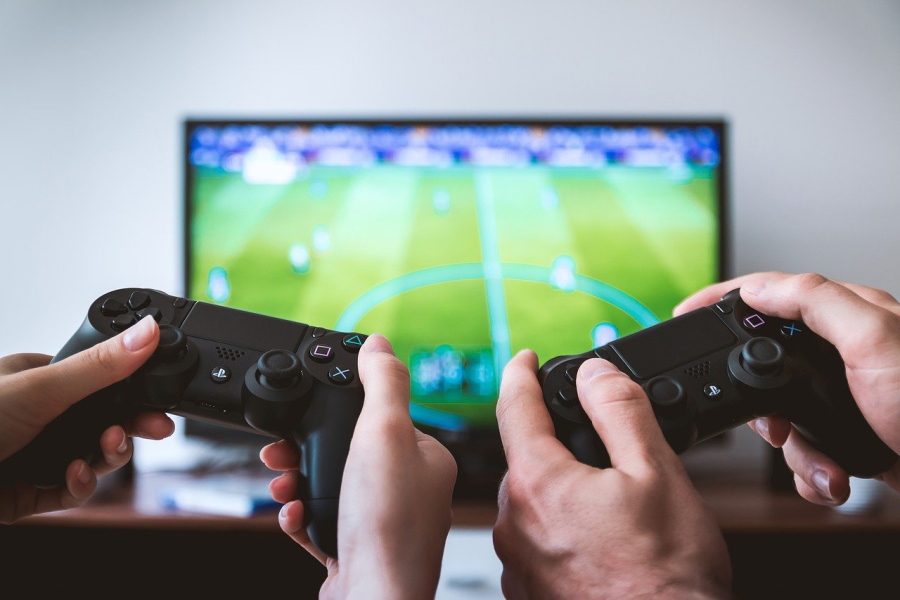To invert or not? Gamers don’t agree, and scientists want to know why

Why do some computer gamers invert their Y axis controller, so up means down? Answering that question may provide insights into visual perception and cognition with broad ramifications, including in medicine, according to researchers.
In the virtual word of gaming, most players push their controller joystick or mouse upwards to look up, and vice versa. However, a sizeable minority will set the controller to do the opposite – and both camps vehemently insist theirs is the logical, intuitive way to play.
https://twitter.com/disco_socialist/status/1334489730214293507
A new project to tease out the reasons for that difference in perception has been launched by UK researchers at Brunel University London, who say in The Guardian that the research could have broad implications, particularly as we spend more of our lives in digital and virtual spaces.
Using remote behavioural and psychophysical experiments, they will compare inverters and non-inverters to see “how fast and accurately people are able to mentally rotate shapes and the extent to which they rely on different body and contextual cues when making spatial judgments,” said Dr Jennifer Corbett, one of the lead investigators, in an interview with the newspaper.
“Understanding these sorts of individual differences can help us better predict where to place important information and where to double-check for easily missed information in everything from VR gaming to safety-critical tasks like detecting weapons in baggage scans or tumours in X-rays,” she said.
Some gamers think that inversion is habitual, stemming from early exposure to flight simulator-type games, but the academics think it isn’t that simple and may stem from how people visualise the connection between themselves and the onscreen action.
In some cases people switch between the modes depending on the game, for example, and that may depend on whether they are playing from their own perspective, or the perspective of an object in space relative to the virtual world around it.
https://twitter.com/UndeadDomain/status/1334178324638289921
Corbett and co-investigator Dr Jaap Munneke will compare measures like average reaction time and average accuracy with information from a questionnaire on gaming habit in the hope of understanding how visual perception can affect how an individual interacts with real and virtual environments.
“It may be the case that the extent to which a person relies on visual versus bodily context has a huge influence on whether or not they choose to invert the Y axis on their gaming consoles,” according to Corbett.













